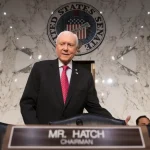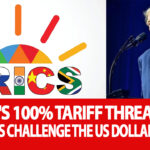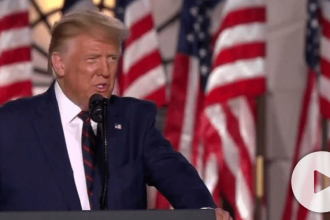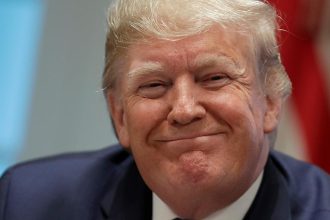The U.S. has reportedly denied visas to many Chinese employees and exhibitors planning to attend the Consumer Electronics Show (CES) 2025 in Las Vegas despite holding official invitations. This development has sparked concerns and criticisms from both the Chinese and American sides. What does this mean for the future of tech collaboration—and is this about security, politics, or something else entirely? Stick around to find out!”
CES is one of the world’s largest and most influential tech trade shows, with over 4,000 exhibitors from around the globe, including more than 30% from China.
CES, which began in 1967, is a global platform for the technology industry as well as a business-to-business hub that sets the tone for the coming year’s trade and innovation. The next event runs from January 7 to 10, just days before U.S. President-elect Donald Trump takes office on January 20.
But this year, tensions between the U.S. and China have cast a shadow over the event. The visa rejections come as US-China tensions rise, with president-elect Trump threatening to levy a 10% tariff on all Chinese imports and promising to defend American manufacturing by imposing greater limits on Chinese companies’ access to the U.S. market.
So, what’s really going on here? Officially, The U.S. State Department has not commented on the visa denials, but some analyst suspect political motivations, citing Washington’s poor track record in using visa restrictions to create obstacles.
Analysts and experts warn that these actions could create further challenges for the U.S. market and consumers as Chinese companies and businesses may turn to alternative venues for business exchanges and market expansion. Let’s not forget the ongoing restrictions on Chinese tech giants like Huawei and TikTok, as well as the U.S.’s recent bans on AI chip exports to China. This visa crackdown seems to be another piece of the puzzle.
Responding to the unfortunate development, a CES spokesperson, in an email, said, and I quote: “We are aware of some CES attendees and exhibitors from China whose business travel visa applications are being denied.
“We encourage the US government to expedite and approve visas for individuals who are travelling to the US for legitimate business reasons.”
Chinese Tech companies have maintained a strong presence at CES since 1991, with a record high of 1,551 exhibitors in 2018. Participants fell to 1,213 in 2019 and little more than 1,000 in 2020 before the Covid-19 epidemic began.
However, in recent years, U.S. restrictions have impacted Chinese participation, with attendance dropping to 210 in 2021, 159 in 2022, and 493 in 2023.
The drop in Chinese participation can be partially attributed to U.S. President Joe Biden’s continued targeting of Chinese tech companies like Huawei Technologies over national security concerns, the US-China trade war that began in 2018 during Trump’s first administration, and strict COVID-19 measures in China.
Following Biden’s meeting with Chinese President Xi Jinping on the sidelines of the APEC forum in California in November 2023, CES saw a major rise in Chinese involvement in the 2024 event in January, with 1,114 Chinese businesses showing their products among 4,314 exhibitors.
The U.S. visa denials for Chinese CES attendees may be seen as a contradictory move, given China’s recent efforts to ease travel restrictions for Americans, dropping the need for hotel bookings, proof of return flights, and itinerary submissions.
What is the Chinese official saying about this visa denial? In an email statement, Liu Pengyu, spokesman for the Chinese Embassy in Washington, called CES an important platform for exchanges and cooperation between Chinese companies and companies from all over the world. Chinese companies are the main force of exhibitors over the years”.
“We hope that the United States will work with China to reduce policy obstacles such as visa and entry, take concrete actions to encourage and support more exchanges between people from business, science and technology and other sectors of the two countries,”
Here’s the main question: Is this a necessary measure to protect American innovation, or are we experiencing the aftermath of a tech cold war that could put everyone back? Please share your ideas in the comments below. Is the US correct in taking a firm stance, or is this a short-sighted decision that could jeopardize global progress?
,















